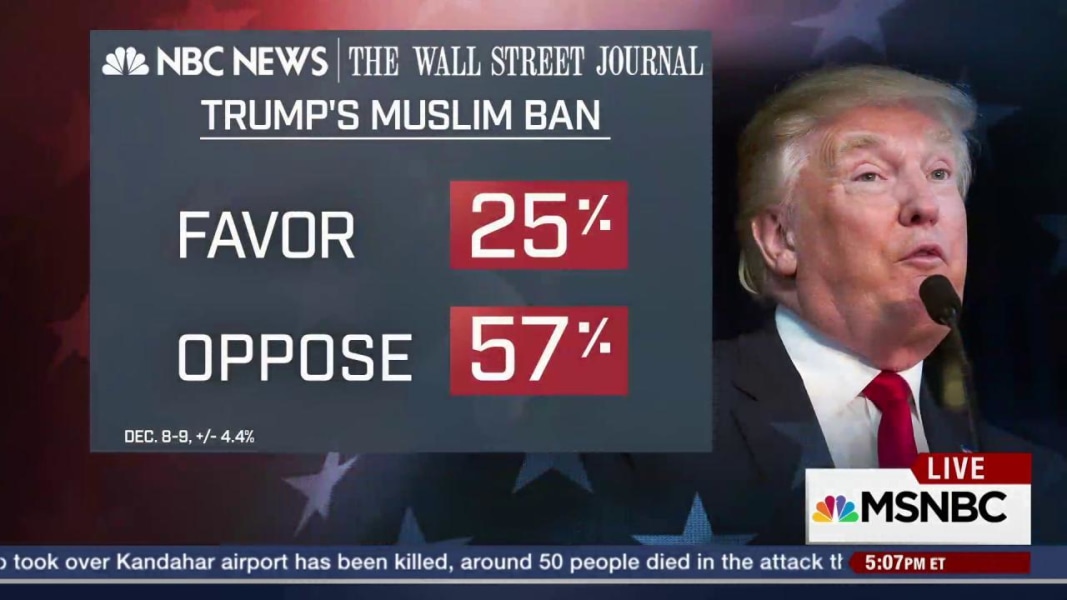

Trump’s third version of the ban, issued in late September as a presidential proclamation, indefinitely limits entry into the United States from five of the majority-Muslim countries included in the original ban ― Iran, Libya, Somalia, Syria and Yemen.
The ban takes away the ability of U.S. citizens and green card holders to live with, or even be visited by, husbands and wives, parents, children, grandparents, grandchildren, cousins and other family members. It denies final visits to ailing relatives, deprives American audiences and scholars of the ability to hear from and collaborate with individuals from the banned countries, and bars talented young people from U.S. universities and companies.
For these reasons and more, the ban must be struck down.
First, it goes beyond the president’s authority. As Justice Sonia Sotomayor asked during the oral arguments: Where does the president get the authority to do more than Congress has already decided is adequate? As Neal Katyal, counsel for Hawaii, pointed out, Trump is trying to implement a flat ban and a perpetual ban against entire populations ― something Congress decided back in 1965′s Immigration and Nationality Act cannot happen. Trump is effectively trying to countermand Congress.
Just before Christmas, the U.S. Court of Appeals for the 9th Circuit decided that the presidential proclamation exceeds the president’s power to control the flow of immigration, finding that it goes against the Immigration and Nationality Act.



No comments:
Post a Comment